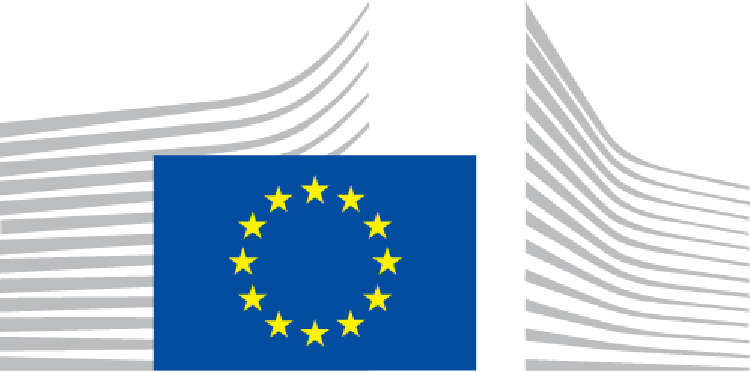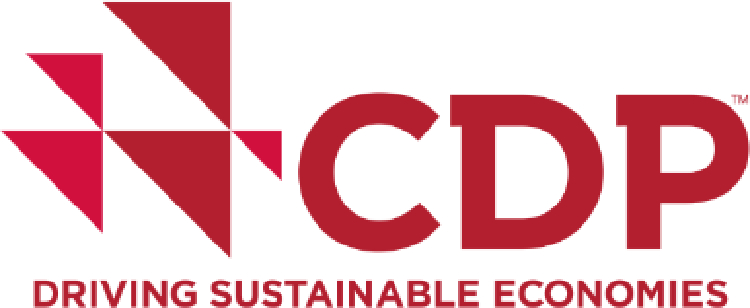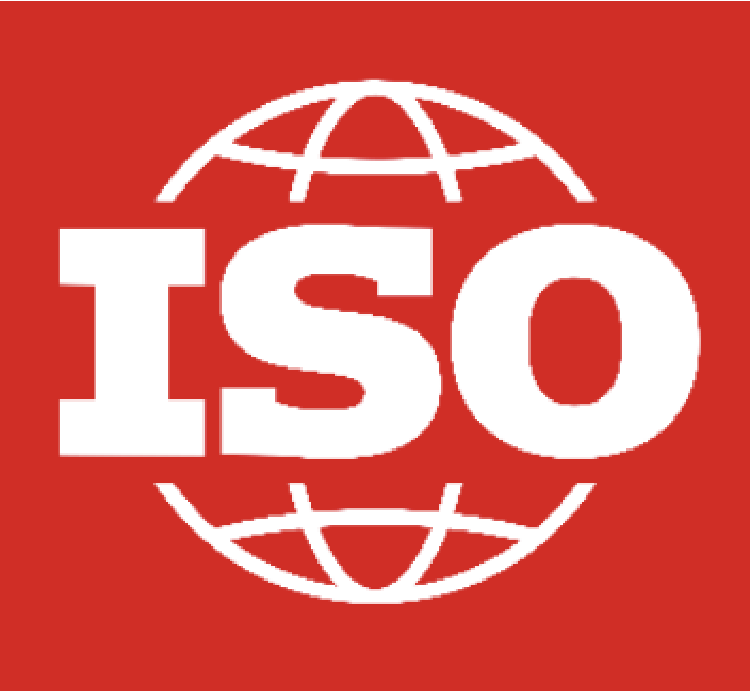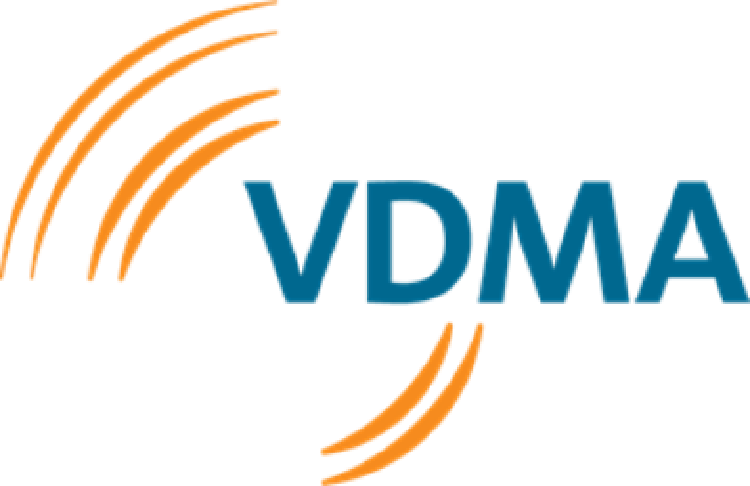Established in 2001 by public, private, and nongovernmental entities in Germany, the Sustainable Development Council published the
German Sustainability Code (DNK) in 2010. The purpose of the code is to provide support for 20 criteria in sustainability such as CSR, reporting, training, and so on. The DNK criteria are strategy, materiality, objectives, depth of the value chain, responsibility, rules and processes, control, incentive schemes, stakeholder engagement, innovation and product management, usage of natural resources, resource management, climate-relevant emissions, employee rights, equal opportunities, qualifications, human rights, corporate citizenship, political influence, and conduct that complies with the law and policy. These criteria are compliant with GRI and the European Federation of Financial Analysts Societies (EFFAS) principles.
Helpful links:
DNK






